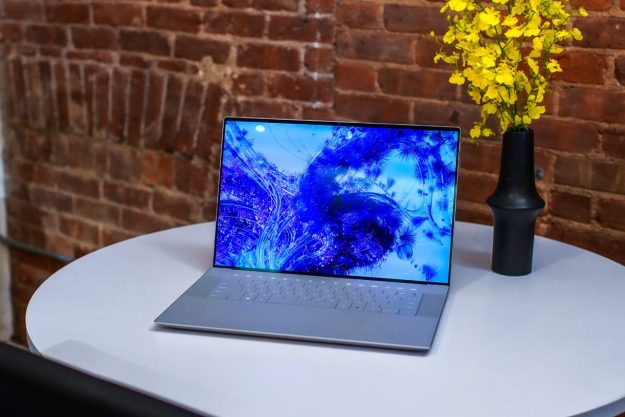
News Corp’s music-focused social networking service MySpace has inked a multi-year renewal of its search and advertising deal with Google that will see Google powering MySpace’s on-site search as well as serving up display advertising to MySpace users and visitors. Financial terms of the new agreement were not disclosed—and is likely much smaller than the original agreement, which ran $900 million—but the deal opens up MySpace to participating in the Google Display Network and DoubleClick Ad Exchange, as well as handling search-based advertising for searches executed on MySpace.
“We’re thrilled about renewing our partnership with Google,” said MySpace chief revenue officer Nada Stirratt, in a statement. “Their best-in-class technology will continue to provide our consumers with a robust search experience.”
MySpace recently relaunched its service with a renewed focus on music and entertainment in a bid to retain relevancy in a world now dominated by the likes of Facebook and Twitter. Although MySpace used to be the 800-pound gorilla of the social networking world, users have increasingly defected to other services, and parent company News Corp is reportedly considering selling MySpace, which it acquired back in 2005 for some $580 million. Some industry speculation had MySpace’s recent relaunch aimed mainly as a move to pretty up the site for a possible sale. Last month, MySpace also ceded more ground to Facebook by enabling users to log into the service and let users connect to MySpace via Facebook accounts.
MySpace has also had shakeups in its leadership, with recent turnovers in the CEO position hopefully having been quelled by the appointment of former COO Mike Jones to the top spot last month. However, Jones has is work cut out for him: the Wall Street Journal’s All Things D reports that MySpace is still saddled with licensing and settlement deals it struck back during the site’s heyday that cost it on the order of $70 million a year—meaning if the site needs to cut costs, personnel may be the first place they look.


